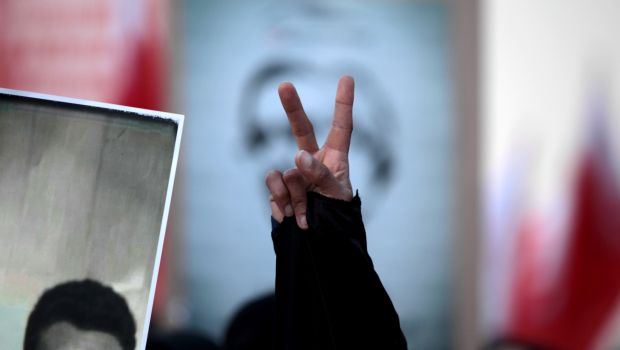There is a very thin line separating human rights activism from political mobilization. Yet in several Arab and developing states, you may have difficulty distinguishing clearly between the two. Today in these countries, you will find it hard to undertake human rights work without getting involved in politics. The experiences of Egypt since the 1990s are a case in point: numerous individuals and groups belonging to different political movements have attempted to exploit human rights issues for political purposes.
However, it is also clear that, despite this unfortunate phenomenon, building a strong momentum of interest in human rights activism will in general lead to the establishment of the basic concepts of a more positive breed of political mobilization—provided that the differences between human rights activism and political activism are clearly perceived and delineated.
It would therefore be prudent at this juncture for us to examine the historical beginnings of the human rights movement.
The current principles of the movement, which aim to protect civil, political, social and economic rights—as well as those pertaining to women, children, the elderly and the environment, among others—all had their origins in the aftermath of the tragedy of World War II. Since then, they have become internationally recognized and agreed upon, which should not surprise us given that these principles form the backbone of the ethical norms of all the revealed religions, and also those of our Arab culture.
As time passed, much international legislation was enacted and governments became obliged to adhere to them in order to become fully fledged members of a growing “international community.” And yet, as we are all painfully aware, there remain autocratic governments all over the world, especially in developing countries in eastern Asia, Africa and Latin America, who have no real commitment to human rights whatsoever. The reason is simple: the values of the human rights movement contradict those of the ruling regimes in these countries.
In numerous Arab countries, human rights activism is often viewed as an attempt by Western countries to impose their culture on us, despite the fact that the values of the human rights movement are the same as those espoused by Arab culture. It is true that some attempts have been made by Western powers to use the cover of promoting “human rights” and “democracy” as a pretext for intervention in the affairs of the Arab world, but this does not mean that our response to attempts to establish human rights values and principles in our countries should be one of blind, automatic rejection. The US itself, after all, has declined to sign many human rights conventions; this alone challenges the claim that human rights values are simply nothing other than Western values.
But what is the relationship between human rights organizations and political mobilization?
I would say there is a direct relationship, but it might not be immediately clear. After all, human rights activism strives to promote laudable moral values and to defend individuals and institutions from those who seek to violate their rights—regardless of the nature of the entity being defended, whether the government or the opposition, or ordinary individuals. Here we see the impartiality of human rights movements, versus the partisanship of political movements and political mobilization.
In spite of this, however, activists struggling to uphold—and sometimes seeking to establish—human rights values will invariably pave open the way to forward-looking political mobilization.
It is assumed here that the call for respecting human rights should not be issued to governments alone, but to entire societies as well, especially to those that practice discrimination in its many different forms. Human rights activism will, indirectly, push a society forwards both economically and politically, thereby saving its citizens from the need to mobilize, for that will be done by governments and political parties.
Since the beginnings of human rights activism in the Arab world just over a century ago, politicians and individuals from various movements—Nasserist, Islamist and liberal, among others—have sought to enter into its sphere by attempting to infiltrate and control human rights organizations in order to bend them to the benefit of their own political agenda. The most extensive examples of this have been in Egypt, but we can also observe this phenomenon in other Arab states where a human rights movement has emerged.
Reasons for this include the desire to benefit from the funding offered to human rights organizations and NGOs, or the opportunities to travel. A prominent tactic here has been the attempt to gain seats on an NGO’s boards of directors.
People from many different political currents have tried to exploit human rights work for political gain, including the Nasserists, Islamists, liberals, and so on. It is still going on: We, the Human Rights Legal Information and Studies Center, recently fought a fierce battle on behalf of the Egyptian Organization for Human Rights (EOHR) against the attempts by some politicians to infiltrate its board of directors for their own objectives.
Finally, let me say that overstepping the thin line that separates human rights activism from political activity is a very serious and morally dubious matter. Unfortunately, however, within the Arab world you will rarely see strict commitment to the separation between these two spheres.
The counterpoint to this piece can be read here.

Trackbacks/Pingbacks